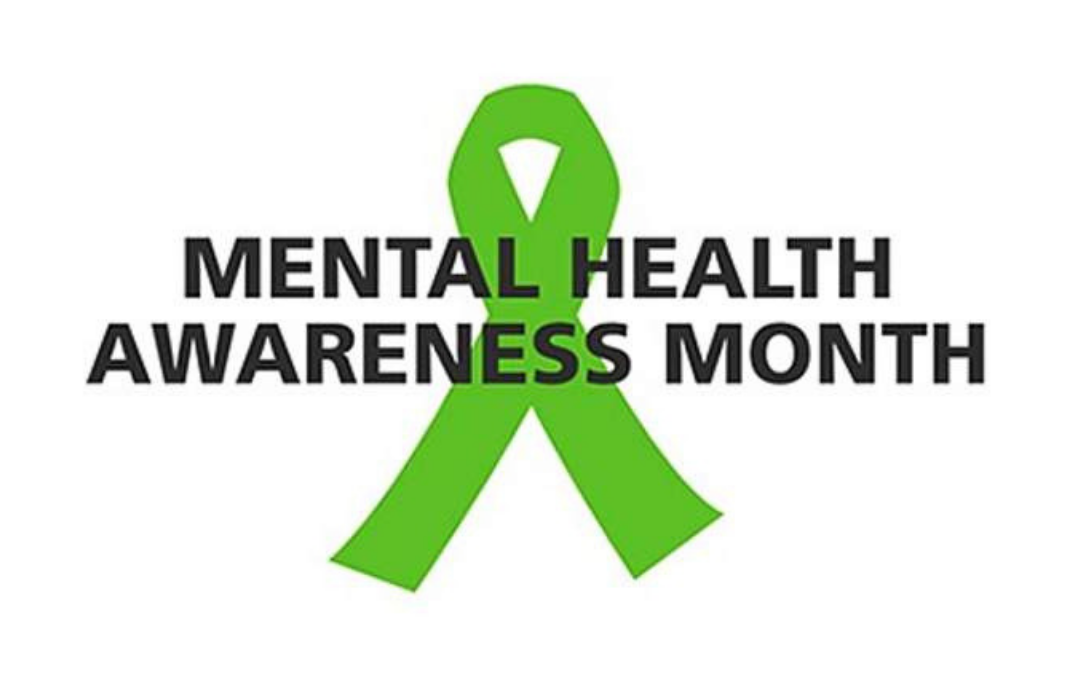Acknowledging mental health concerns can feel like a daunting task, especially when it is regarding your loved one or even yourself. May is mental health awareness month, so this is a great time to gain information and tackle the problem head on. If you feel that you or our loved one are experiencing depression we encourage you to talk with your primary care provider. Below are some tips for treating depression from the Alzheimer’s Association.
Treating depression
Getting appropriate treatment for depression can significantly improve quality of life. The most common treatment for depression in Alzheimer’s involves a combination of medicine, counseling, and gradual reconnection to activities and people that bring happiness. Simply telling the person with Alzheimer’s to “cheer up,” “snap out of it” or “try harder” is seldom helpful. Depressed people with or without Alzheimer’s are rarely able to make themselves better by sheer will, or without lots of support, reassurance and professional help.
Non-drug approaches
- Support groups can be very helpful, particularly an early-stage group for people with Alzheimer’s who are aware of their diagnosis and prefer to take an active role in seeking help or helping others; counseling is also an option, especially for those who aren’t comfortable in groups
- Schedule a predictable daily routine, taking advantage of the person’s best time of day to undertake difficult tasks, such as bathing
- Make a list of activities, people or places that the person enjoys and schedule these things more frequently
- Help the person exercise regularly, particularly in the morning
- Acknowledge the person’s frustration or sadness, while continuing to express hope that he or she will feel better soon
- Celebrate small successes and occasions
- Find ways that the person can contribute to family life and be sure to recognize his or her contributions
- Provide reassurance that the person is loved, respected and appreciated as part of the family, and not just for what she or he can do now
- Nurture the person with offers of favorite foods or soothing or inspirational activities
- Reassure the person that he or she will not be abandoned
https://www.alz.org/help-support/caregiving/stages-behaviors/depression
Adult Day Centers provide the opportunity to socialize, participate in activities and develop a routine. Social activities are a huge part of our program here at Mt. Hood Adult Day Center. Below we have outlined the targeted social clubs and their benefits.
Book Club – Participants enjoy diving into an exciting world of literature with adventure, mystery, and science fiction.
Community Action (Rotating Club) – Community Action Club meets a few times per year. Participants are assigned special projects/tasks that benefit our community. i.e. Canned food drive for local charities, cards for the Children’s hospital, etc.
Devotional – Devotional meets every Wednesday and is led by retired pastor Gordy Whipps. This club focuses on spiritual well-being and is a place where participants can gain support from one another.
Happy Hour – Happy Hour is held on Friday afternoons. With permission from a family member/ medical professional, participants can choose to have a beer or a glass of wine while playing BINGO or to visit in the Billiards Room.
Member Support Group – Participants meet each Wednesday to offer and gain support among peers.
Benefits: Often times, participants are faced with changing emotions and issues related to their disability. Taking part in a support group offers insight and advice on how to cope with some of the stresses and struggles that these participants are experiencing. It is a judgment-free environment.
Memory Enrichment – A class designed by Dr. Robert Winningham- a psychologist at Western Oregon University, who created a set of activities to stimulate cognitive functioning. Memory Enrichment meets twice a week.
Benefits: The exercises and activities in this class promote healthy brain aging and have been proven to slow memory loss. Participants are encouraged to use reasoning and critical thinking, which benefit cognition.
Social Circle – Participants meet for Social Circle multiple times a week and enjoy the conversations that take place during this club. Mt. Hood Adult Day Center promotes socialization and the formation of new friendships.
Tea Time/Mindfulness Therapy –Participants gather together to complete breathing exercises and sample different types of tea.
Benefits: Participants are encouraged to use their senses to describe what they see, taste, smell and feel while they sip the tea. This promotes mindfulness and can often evoke memories and feelings.
Other social and recreational activities can be found at


Recent Comments